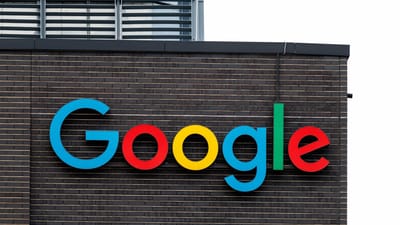
Google Pilots AI-Generated Article Summaries on Google News
Google has launched a pilot program that adds AI‑generated overviews to articles from participating news publishers on their Google News pages. The initiative, aimed at delivering more context to readers, includes a roster of international outlets and offers direct payments to publishers for their involvement. While the summaries appear only within the Google News environment, the move builds on earlier AI experiments in Discover and signals broader efforts such as audio briefings and the expansion of Google’s Preferred Sources feature.










